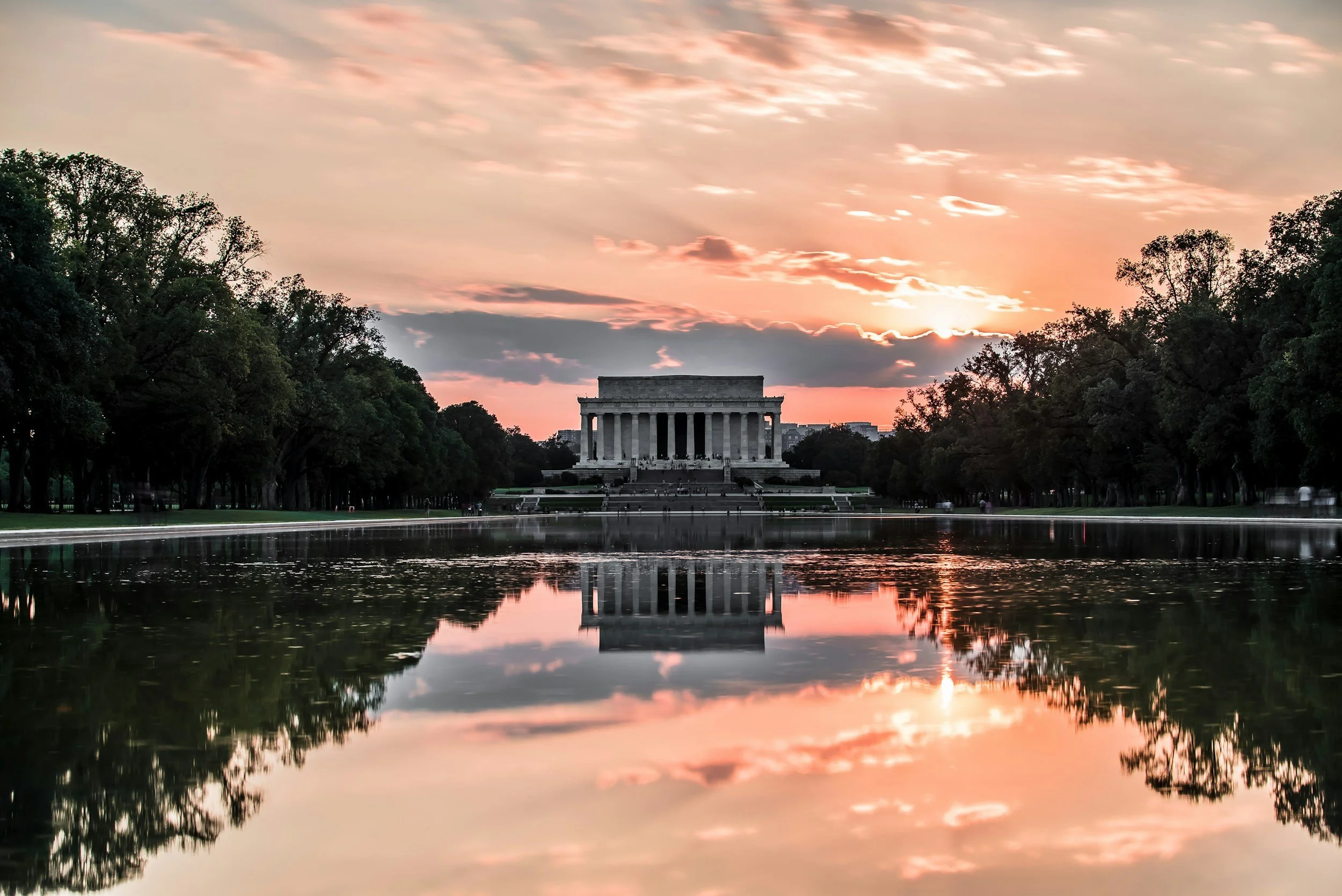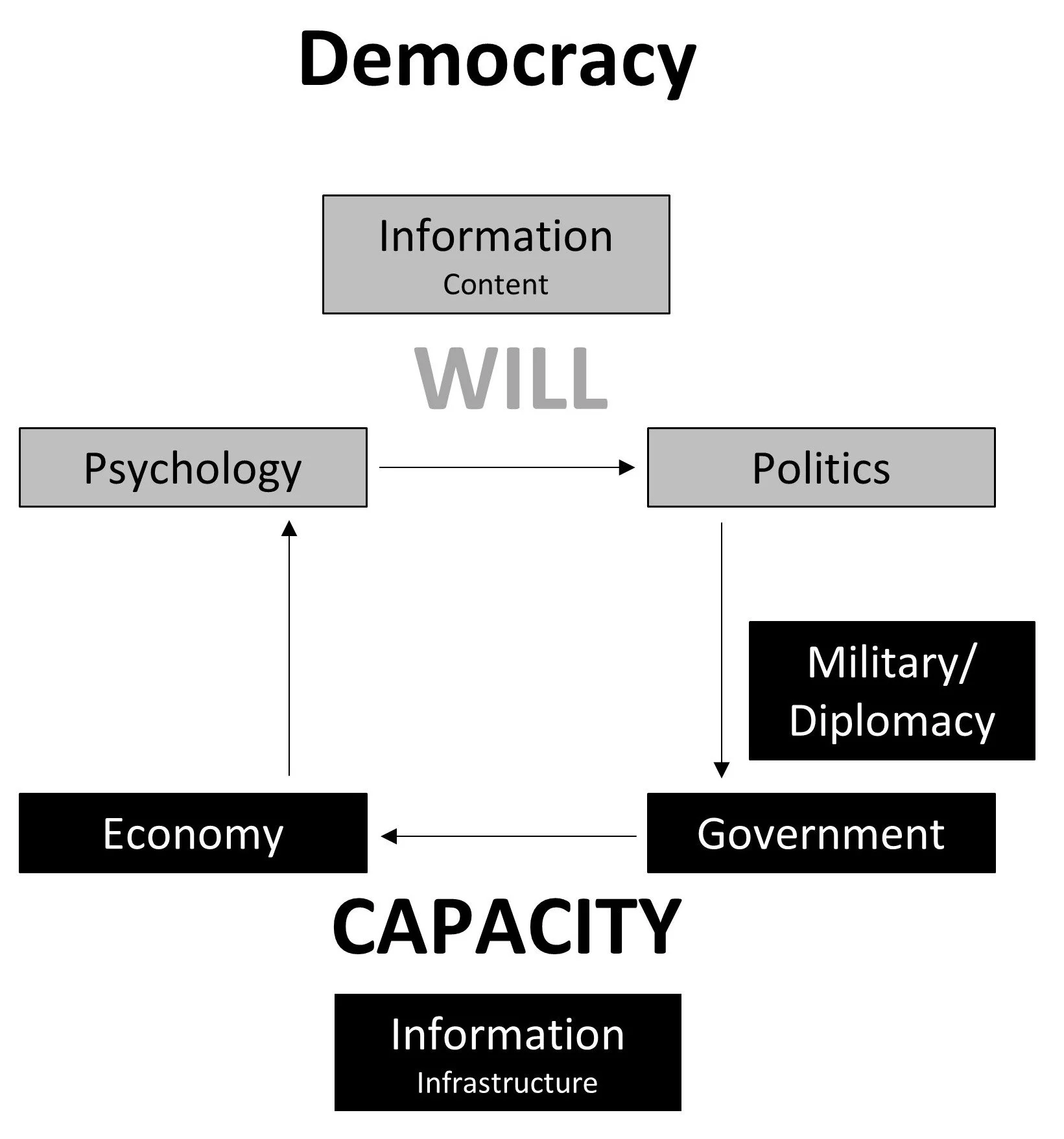WE CAN’T TRULY UNDERSTAND AMERICA’S TRAJECTORY—PAST OR FUTURE—WITHOUT UNDERSTANDING NATIONAL POWER.
SO WHAT IS NATIONAL POWER?
National power is a centuries-old concept of political science. Our modern understanding of it has been developed by numerous scholars including Joseph Nye, Hans Morganthau, John Spanier, and David Jablonsky.
Defined by Merriam Webster, power in the basic sense is “the ability to act or produce an effect”. A single definition of national power is not universally agreed, but common forms include “the ability to influence the behavior of others in accordance with one’s own needs”, and “the sum of all resources available to a nation in the pursuit of national objectives”. I have my own definition: national power is the capacity and will to adapt domestically, and to influence the behavior of others internationally, in accordance with a nation’s needs and objectives. Influence includes attraction, leadership, and even raw strength.
Why is National Power important? National Power provides the tools to meet our needs as a nation, and shows us where to invest if we are falling short. The nation and the world are in constant change, and national power determines whether we lead those changes and shape them for our good, or are dragged along and react to them as a second-rate nation. The quality of life for all Americans ultimately depends on our national power.
Modern concepts of national power generally agree that it comes from a set of fundamental elements, most clearly described by Professor David Jablonsky in a 1997 paper on the subject [“National Power”, Parameters, Spring 1997, P.34-54]. Summarizing modern theories, he says that each of these elements of national power is either natural or social in origin. The natural elements of national power are circumstantial, and therefore are generally beyond our control: geography, climate, natural resources, and (though it is somewhat controllable) population.
The social elements are what we build over time together, the cumulative results of our lives and work. They are the national economy, politics and government, psychology, information, and the military. Viewed broadly, national power is a natural result of the function and alignment of its constituent elements. Understanding the elements and how they relate to each other is essential to understanding how we can harness national power in allegiance to our national purpose and principles.
National Power Framework
How the elements of national power interact with and relate to each other is not fixed or universal, but varies by political system, and by historical era. While all of the elements are relevant to any nation’s power, none is sufficient alone to sustain dominant power.
Diagram: National Power in a Democracy
In a democracy the elements are generally balanced, so that instead of one particular element controlling the others, all the elements influence each other. Second, within this balance, the most dominant influences are circular: psychology drives politics through elections, politics drives government through policy, government sets conditions for the economy through regulation and infrastructure, and the economy drives psychology through the sense of prosperity.
Finally, each element contributes to either the nation’s capacity or will. National capacity is determined by the economy, by scope and efficiency of government administration (including the military and diplomatic corps), and by information infrastructure. National will is determined by psychology, is enacted through politics, and is communicated by information content.
In democracies including America, all of the elements are essential, but during peacetime it is economics and politics that are most pivotal to whether national power expands or declines. The economy is the source of our national capacity, providing our resources; politics is the locus of our national will, converting psychology to national action. These two elements are the bases of our exceptionalism—the opportunity and freedom we aspire to as a nation.
Despite the essential capacity the economy provides, politics is most important for national power, because politics, through economic policy and the regulation and infrastructure established by policy, sets conditions for economic activity. And it is the current state of politics that is now exerting the biggest negative effect on national power in America, by dividing and blocking national will. This is because division and dysfunction are by definition a lack of consent and adaptability—the key factors of political power in a democracy.
Diagram: National Power Dysfunctions in the U.S., mid-2020’s
In this dysfunction, party extremists refuse their consent for compromise solutions in a divided government, and create deadlock on critical issues. Under deadlock, government is unable to effectively adapt to issues or crises with new interventions. Without intervention, economic issues such as underemployment, wage stagnation and tax structure fester. As issues fester, they intensify the psychology of urgency, feeding more polarization. Yet the politics of division and extremism block our urgency from coalescing as a shared national will for reform, and the cycle of dysfunction continues.
So America’s national power will continue to decline unless we restore a broadly-shared national will for functioning government.
For more information, check out the book Principled Power.





